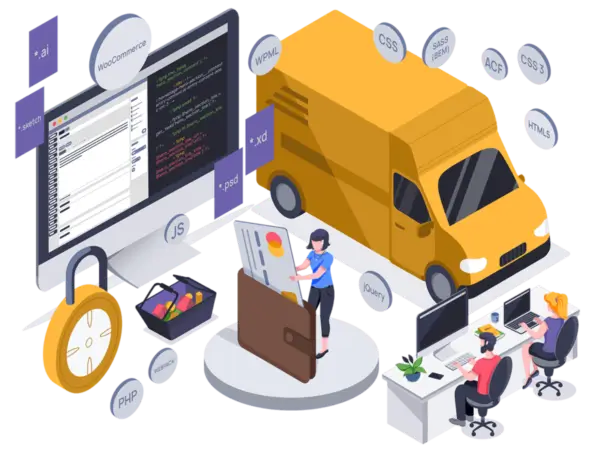Multi-chain development in the blockchain industry refers to the concept of using multiple interconnected blockchains to enhance the scalability, interoperability, and functionality of a blockchain ecosystem. Instead of relying on a single blockchain network, developers can create and deploy multiple chains that can communicate with each other.
Swyply developers can create a mult-chain with the help of common programming languages such as Solidity, Rust, or C++. Furthermore, they have an understanding of smart contract development. Additionally, they have expertise in developing protocols and standards for interoperability between different chains. They also have a strong understanding of blockchain security principles to prevent vulnerabilities and attacks. Finally, they have skills in designing scalable and modular system architectures to accommodate the addition of new chains.
Developers can design specialized chains for specific purposes, such as:
- smart contracts,
- token issuance,
- or privacy features.
These chains can then interact with each other, creating a more flexible and versatile blockchain infrastructure. One example of a multi-chain ecosystem is the Polkadot network. Polkadot is a blockchain platform that facilitates the interoperability of different blockchains, allowing them to connect and share information.





